TTC Video – Language and Society
Language is not a passive medium of communication. In fact, it’s the active matrix through which we construct societies, and, within them, our own social lives and realities. It’s easy to view language as simply a system of symbols that describe experience. But a closer look reveals an astonishing truth: language—as we use it in our moment-to-moment living—fundamentally shapes our experience, our thinking, our perceptions, and the very social systems within which our lives unfold.
Ordinarily, we use language without examining how we are using it. But to look directly and rigorously at our language and speech—and how we construct our social reality through them—is to uncover richly illuminating insights into our societies, our social existence, and ourselves.
Nowhere are these insights more in evidence than in the remarkable field of sociolinguistics. This dynamic discipline offers a thoroughly fascinating and different lens for looking at society and our lives as social beings. Sociolinguistics studies language as a social act—how we actually use it in our daily interactions—and its findings are hugely provocative and revealing.
Among many eye-opening perspectives, the work of sociolinguistics points out the following facts:
- Language is strong social capital, and our linguistic choices carry both costs and benefits we rarely consider.
- Our identity is strongly tied to the speech we use and our perceptions of the speech we hear.
- Our children are raised, our relationships are made, and our careers succeed, in large part, through how we use language.
- Language embodies a worldview: your linguistic system reflects and affects the way you organize and understand the world around you.
Language opens doors and it closes them. It establishes relationships and it severs them. It represents us and locates us firmly within our social universe. It builds and rebuilds our societies. And all of these powerful capacities of language reveal themselves when we explore the crucial relation between what we say and how we live.
Now, in Language and Society: What Your Speech Says About You, sociolinguist Valerie Fridland of the University of Nevada, Reno fields all of these compelling topics and more, guiding you in a wide-ranging voyage into the extraordinary world of our language, with a penetrating focus on the multiple ways in which societies and language intersect. In these 24 highly engaging lectures, you’ll look closely at the different facets of language and speech that sociolinguists study, bringing the field’s original perspective to the profound role of language in everything we do.
Within the course’s inquiry, you’ll investigate in detail how social differences based on factors such as region, class, ethnicity, occupation, gender, and age are inseparable from language differences. Further, you’ll explore how these linguistic differences arise, and how they both reflect and generate our social systems. Offering an incisive look at the findings and insights of sociolinguistics, these lectures reveal a side of language and speech few of us ever fully explore. Anyone with an interest in language, communication, or societies will find this series both enthralling and uniquely informative.
Uncover the Hidden Functions of Language in Our Social Existence
In this spirited inquiry, Professor Fridland invites you to investigate our social use of language from many perspectives and vantage points. Across the arc of the lectures, you’ll delve into key topics such as:
- How language shapes thought and perception—Investigate how concepts regarding matters such as time, space, and gender are encoded into language, influencing our patterns of thought, and how the grammatical categories that your language provides fundamentally affect the way you perceive the world.
- Language change and variation—See how language changes over time, charting the colorful history of the English language. Study how dialects, regional speech, ethnic speech varieties, and “speech communities” develop, and how linguistic differences become important social markers.
- Attitudes toward language—Would you feel comfortable taking surfing lessons from someone with the accent and vocabulary of a British barrister? Study the social categorizing we do when we hear someone speak, and how the social currency of language produces stigmatization or prestige of different linguistic varieties and their speakers.
- The “anatomy” of conversation—In a rigorous and perhaps surprising look at conversation, learn about eight essential factors that underlie any successful dialogue; discover that conversation is actually highly structured, and delve into how those structures support conversational exchange. Explore the remarkable degree to which we say things without actually saying them, communicating instead through indirectness, inference, and shared social meanings.
- Linguistic roles and repertoire—Observe how human beings are linguistic “chameleons” in that we switch between different social roles in various settings, changing our speech to fit each role or to present a different identity to others.
- Language and speech as action—Grasp how language, beyond its communicative function, actually performs actions, as in the case of the words spoken during a marriage ceremony. Explore how different social roles entitle a speaker to perform particular speech acts.
Explore the True Power of the Words You Speak
Professor Fridland enriches these lectures and adds considerable depth by playing many audio recordings of speech samples—early forms of English, regional American dialects, rural and urban speech—so that you learn about speech patterns, pronunciations, and linguistic varieties by actually hearing them.
In her teaching, Professor Fridland demonstrates both a deep knowledge of the work of sociolinguistics and incisive understanding of what its findings reveal. In numerous contexts, she presents intriguing and often startling evidence showing the importance and implications of our linguistic behavior:
- In studies of courtroom conversations, where the same speaker testified using either a powerful or powerless speaking style, the use of the powerful style—a simple linguistic change—made the witness seem more believable and trustworthy to listeners.
- Our beliefs about speakers can actually influence our perception of what we hear, as shown in studies where listeners who believed a speaker was Canadian reported hearing different vowel sounds than those who believed the speaker was American.
- In multiple studies, listeners characterize language that is “correct” as being less friendly or pleasant than more informal or “incorrect” language.
Throughout the lectures, Professor Fridland engages you with illuminating questions, such as:
- How did Northern and Southern American speech develop?
- Why is there such a huge disconnect in English between spelling and pronunciation?
- What accounts for gender differences in language? Is it a matter of biology—or society?
In the thought-provoking lectures of Language and Society: What Your Speech Says About You, you’ll encounter the flip side of what we ordinarily assume about language and speech. You’ll look at the remarkable ways in which our society is a reflection of our language, how differences in the way people use language create differences in society, how people construct and define social contexts by their language use, and ultimately why our speech reveals so much about us. Join a brilliantly insightful sociolinguist and teacher in a compelling inquiry that sheds light on how our linguistic choices play a determining role in every aspect of our lives.
Digital Download TTC Video – Language and Society at Offimc.click Now!
Delivery Information
- Upon ordering the product, a delivery email with download instructions will be sent immediately to you so that you may download your files. If you log in (or create an account) prior to purchase you will also be able to access your downloads from your account dashboard.
- It is a digital download, so please download the order items and save them to your hard drive. In case the link is broken for any reason, please contact us and we will resend the new download link to you.
- If you don't receive the download link, please don’t worry about that. We will update and notify you as soon as possible from 8:00 AM – 8:00 PM (UTC+8).
- Please Contact Us if there are any further questions or concerns you may have. We are always happy to assist!



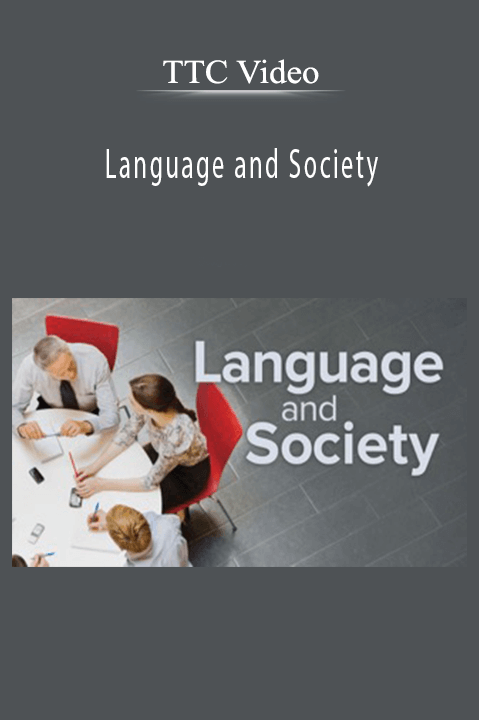



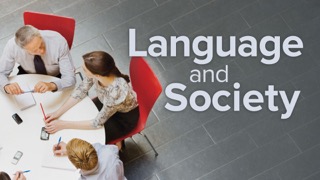
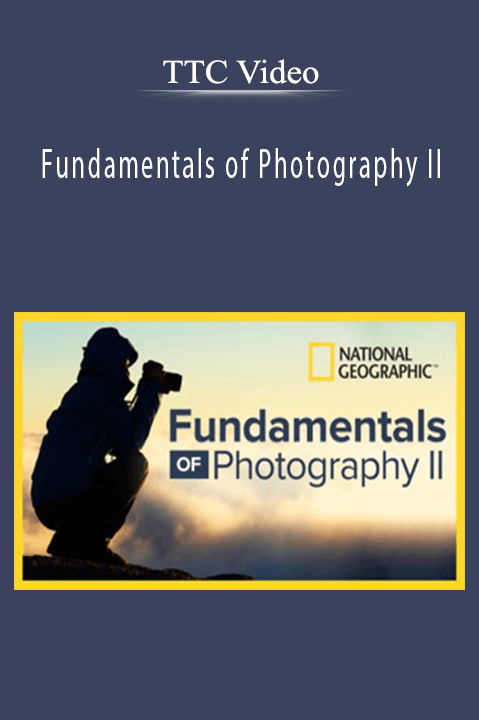



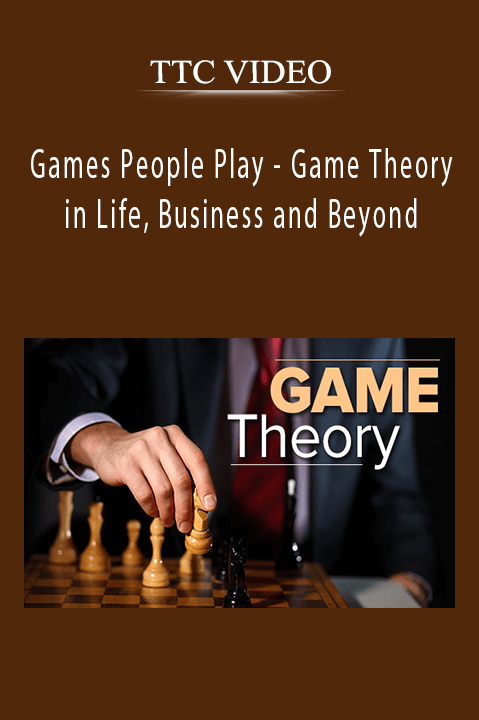
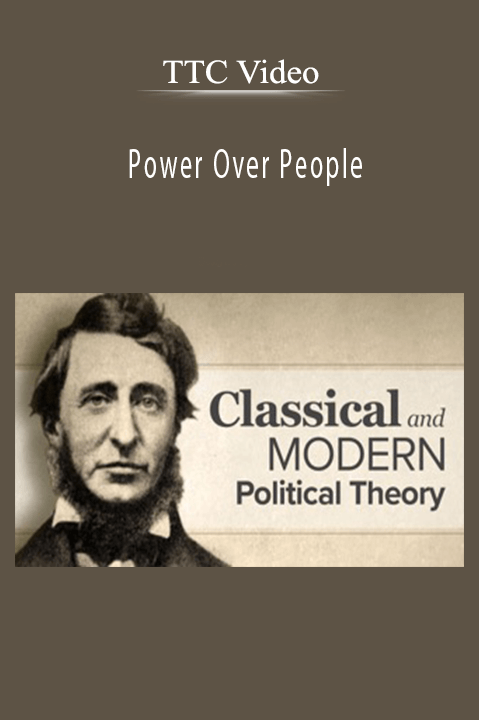

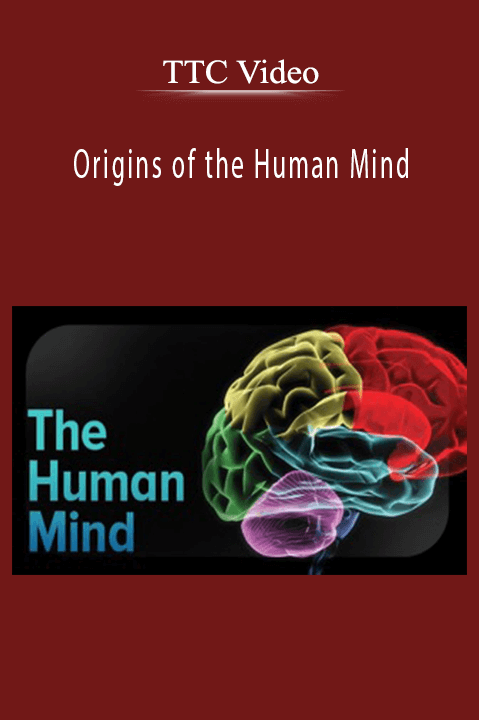

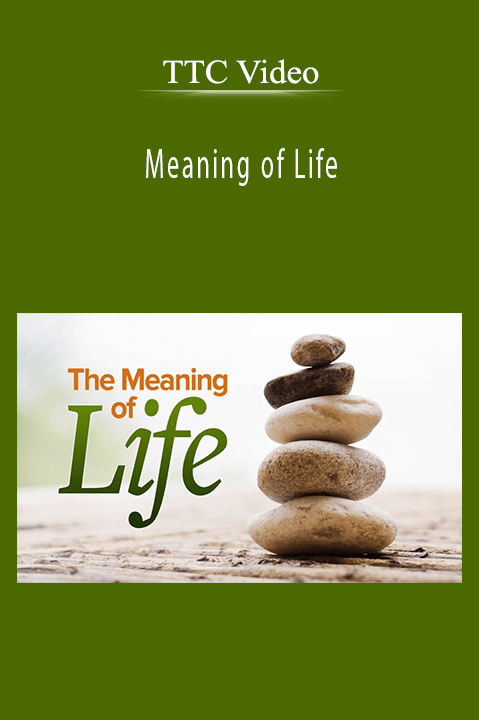
8 reviews for Language and Society – TTC Video
There are no reviews yet.